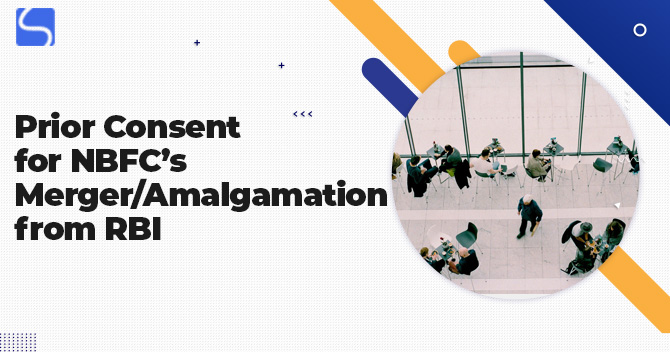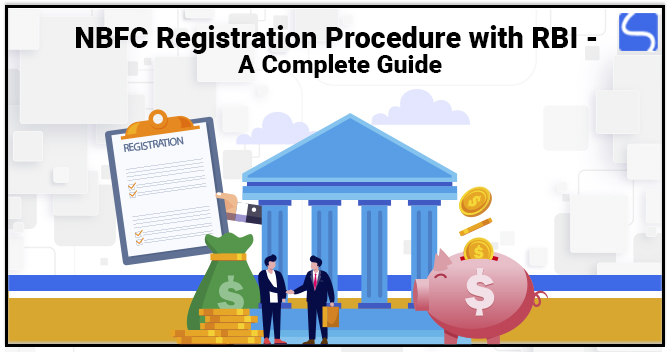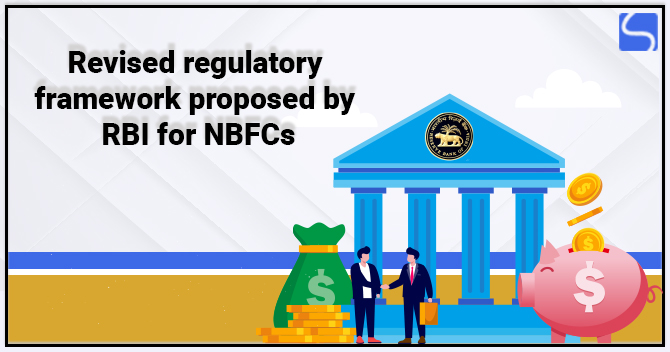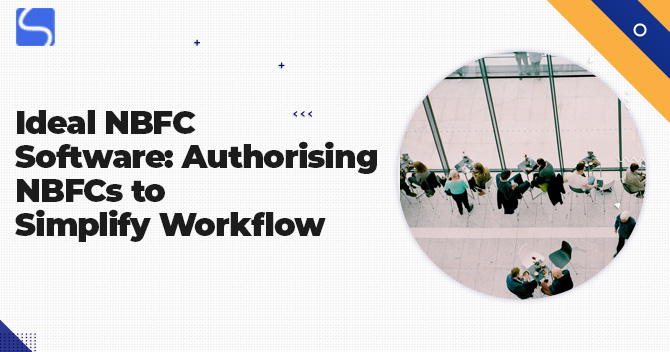Prior Consent for NBFC’s Merger/Amalgamation from RBI

Karan Singh | Updated: May 10, 2021 | Category: NBFC
Being a regulatory body for Non-Banking Financial Company functioning across India, the Reserve Bank of India (RBI) came out with a necessity to control such financial bodies’ takeovers and save them from the hostile takeover web and avoid making the environment monopolistic and competitive. Scroll down to check more information regarding the prior consent for Non-Banking Financial Company’s Merger/Amalgamation from RBI (Reserve Bank of India).
As per the RBI, they came up with guidelines wherein the lending environment was at the edge of enhancement with an insight. The NBFCs (Transfer of Control/Approval of Acquisition) Directions, 2014 were introduced in this regard.
Here, we will discuss the less discussed though economically feasible check for Non-Banking Financial Company at the time of Merger and Amalgamation. As a corporate strategy and preparation for combining two or more Non-Banking Financial Companies into one company to improve the operation and monetary strengths of both institutions, the mainstream stake in the resultant entity or company gets changed considerably.
Table of Contents
Consent for NBFC’s Merger or Amalgamation from RBI: Relevancy on the NBFCs
While considering the guidelines granted concerning the NBFC’s Merger/Amalgamation from RBI following instances be considered as:
1. Part-1:
- Company A (Non-NBFC).
- Company B (NBFC).
2. Part-2:
- Company A (NBFC).
- Company B (NBFC).
By considering two parts as mentioned above in Part 1, anyone Non-NBFC being combined into the Non-Banking Financial Company being merged into the NBFC would come under the ambit for requiring the prior consent of proposed RBI before resembling the Tribunal that is NCLT.
In a typical manner, the following arrangements would be the primary factor to activate the necessities under the guidelines mentioned above:
- Merger which would outcome alter in shareholding pattern of 26% or more of the paid-up capital of the Resultant Non-Banking Financial Company (NBFC):
In this, the primary aspect is considered as a gradual increase in the shareholding over time while considering the ones having the equity capital within voting power in view of the aim of the regulation wherein other securities like Preferences Shares or other adaptable securities not be measured due non-availability practising voting power unless incomparable conditions persist.
- Alteration in the Board or Management of the Non-Banking Financial Company and the outcome in the alteration in more than 30% of total Directors, not including independent directors if any or company’s board:
For instance, in Private Concern, wherein there are two directors in a Non-Banking Financial Company, and the entity aims to assign more than two Directors on its Board in which this clause is activated. Also, it must consider that the alteration herein refers to Resignation and/or Appointment in the Resultant Company may be taken into consideration.
Now, the Part II arrangement in which the irrespective of activating the check mentioned above the Non-Banking Financial Companies would be needed to have the prior consent of the RBI (Reserve Bank of India[1]).
Consent for NBFC’s Merger or Amalgamation from RBI: Procedural Needs
Firstly, the following stages to be followed up while commencing the complete procedure:
- Signing the Memorandum of Understanding (MOU) and get consent from the BODs (Board of Directors);
- Search for approval from the proposed bank concerned for the designated Merger or amalgamation;
- Prepare KYC (Know Your Documents) of Companies and Directors connected;
- Projections and Business Plan;
- Search for the consent of the Reserve Bank of India for designated Merger of Non-Banking Financial Companies concerned.
After checking the entire detailed documentary before approaching the proposed NCLT under Section 230 to 233 of the Companies Act, 2013. Below is the list of the documents that should be submitted for seeking consent:
- A certified copies of the newest audited financial accounts of the transfer company;
- Unsecured Creditors or Secured Creditors;
- Certified Valuation Report;
- Prior consent of SEBI concerning the Takeover code;
- A draft regime of the Merger;
- Consent or NOC from the Regional Director;
- Consent or NOC from the Certified Liquidator;
- Details of the lawful proceedings.
Preventative Checks – Consent for NBFC’s Merger or Amalgamation from RBI
From the last two decades, the Indian banking systems have observed a significant increase in banking mergers. This is due to rising competition amongst the entities working under the banking environment; thus, many banking entities and Non-Banking Financial Companies are choosing the merger mode with an outlook of expanding their service in the Indian Banking Sector. But, the regulation of banking, RBI is careful in executing and making them enforceable via rules so that the mega-mergers didn’t affect Indian banking in the long run.
Conclusion
Hereafter, the Reserve Bank of India has adopted a severe method in considering the monetary status of the merging or amalgamating companies consisting of private banking entities, public-sector banks and listed or unlisted NBFCs. According to the RBI norms, the amalgamating banking entities have to ensure first that they have accomplished the vital CAR or Capital Adequacy Ratio. A bank with less CAR and great NPA problems will suffer the difficulties of the Reserve Bank of India, as we observed above.
In the background of the Instances and Cases being existing in the Indian Financial Sector, the Reserve Bank of India has already decided to operationalise amalgamated departments to observe and regulate commercial banks, UCBs and NBFCs, which came into action from 01 November 2019.
Read our article:What are the Key Differences Between Fintech and NBFC?















